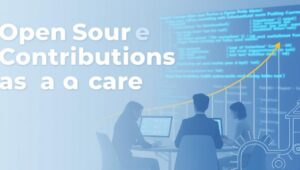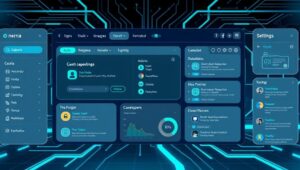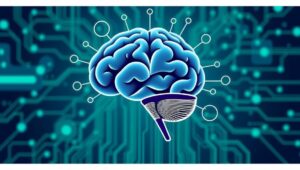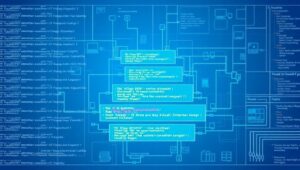May 30, 2025
Building Applications for Web3 and Decentralized Systems (2025)
Building Applications for Web3 and Decentralized Systems (2025) The landscape of application development is undergoing a monumental shift, driven by the emergence of Web3 and decentralized systems. As we move into 2025, understanding the core principles and practical techniques for building applications in this new paradigm is crucial for developers and innovators alike. This post provides an informative overview of the key aspects of Web3 application development, covering essential concepts, technologies, and future trends. What is Web3? Web3 represents the next evolution of the internet, characterized by decentralization, blockchain technologies, and user empowerment. Unlike Web2, where data and control are












